How to Get a Child Interested in Reading
- • 8 MIN READ 📖

On This Page:
- How Old Is the Toddler to Get Interested in Reading
- Why Reading Books Is Important for Infants and Toddlers
- How Does Book-Reading to a Toddler Contribute to Later Literacy
- How to Introduce Reading to Toddlers
- 5 Tips on How to Develop Reading Habits in Toddlers
- Issues Connected to Teaching Toddlers to Read
- What Will You Do if Your Toddler Not Listen to Reading
- What to Do if Toddler Staying Up Late Reading in Bed
- My Toddler Takes the Book from Me When I'm Reading
Books! Wouldn't it be great if there were some sort of a reading gene to automatically get your child interested in courageous characters and captivating plots? Your only job would be to supply new stories on time and be happy.
Now, let’s get back down to earth.
When it comes to kids’ reading habits, two camps seem to exist out there. On the one side, children who LOVE it and devour books from the cradle. On the other…, it’s your kiddo. Without any particular inborn interest in books. It’s no wonder that you find yourself wondering, “How to get a child interested in reading and feel the joy of this wonderful shared activity?” Together, we’ll see how to deal with the reading fundamentals while keeping it fun.
How Old Is the Toddler to Get Interested in Reading
One of the questions being discussed endlessly – how old is the toddler to get interested in reading? By about 6-12 months, darlings start to show interest in books. However, they do use them as toys to manipulate, examine, or chew. At this stage, board or cloth books with various textures work magic to keep young minds occupied.
Two-year-olds are ready for more complex plots and illustrations. Grab prints that tell familiar stories like taking bath or having breakfast. Keep kids involved by using interactive books like pull-the-tab or push-the-button ones. Some written works’ examples here might be “Goodnight, Goodnight, Construction Site” by Sherri Duskey Rinker, “Everyone Poops” by Taro Gomi, “Llama Llama Misses Mama” by Anna Dewdney, etc.
Why Reading Books Is Important for Infants and Toddlers
Now that we know that reading to toddlers is a good thing, let’s find out why it is essential for your child's development.
- Reading aloud is a tête-à-tête activity that can strengthen emotional bonds between parents and their kids. For instance, you can turn your bedtime reading sessions into a special ritual just for you two. It will expose your sunshine to your voice which has a tremendous calming effect. Based on recent research in the International Journal of Environmental Research & Public Health, reading had a positive impact on babies in the neonatal intensive care unit (NICU) and their moms and dads, who were better at handling challenges above usual parenting.
- It can help you plan consistent routines for kids. Pediatrician Sarah Klein, MD, says establishing a step-by-step schedule is important since little ones feel more secure and confident when their daily activities are familiar and predictable. Colorful covers might signal that it’s time to pause and get ready to drift off.
- As specified by “When Children Are Not Read to at Home: The Million Word Gap” research, parents who read 1 picture book daily provide them with exposure to nearly 78,000 words each year. Thus, over the 5 years before kindergarten, kids “from literacy-rich homes hear a cumulative 1.4 million more words during storybook reading than children who are never read to.”
- Reading for toddlers helps them explore emotions. Whether you describe what is going on in a storyline or get creative by trying different voices or accents, you project particular feelings. Hence, little curious minds learn that certain sounds mean certain emotions while words have meanings.
- Regular family reading routine helps kids understand that it is an enjoyable activity – not part of dull homework to struggle with. Chances are that kind of attitude will stay with them through their school years up to adulthood.

How Does Book-Reading to a Toddler Contribute to Later Literacy
According to research at the 2017 Pediatric Academic Societies Meeting, reading to toddlers (starting in early infancy) has a long-lasting effect on their language development, ability to comprehend written text, literacy, etc. Carolyn Cates, Ph.D. research assistant professor in the department of pediatrics at the School of Medicine at NYU, admits that what little ones learn when their parents read them during infancy stays with them as well as “has an effect four years later when they're about to begin elementary school.”
Based on multiple findings of the American Academy of Pediatrics, kids introduced to books from the cradle tend to read earlier. They perform better in school in contrast to their peers whose parents did not expose them to books early in life.
How to Introduce Reading to Toddlers
It is time to move from theory to practice. Now that we know that fostering reading habits in children is about reading with them at home when they’re babies, let’s see how to introduce reading to toddlers while making it as smooth as possible. Before we dive in and you apply our recommendations, make books available. Based on “A Parent’s Little Guide to Helping Children Read”, letting kids choose what they like to read is encouraging and motivating to shift from easy bits to more challenging stories.
What else loving parents can do? A lot!

- Sing, sing, sing! Sounds weird? Not at all. Try “singing” the book illustrations for little listeners sometimes. It will 100% get them curious.
- Show them how attractive the cover pages are. Kids tend to be attracted to bright colors. When they get older, ask them what this or that book might be about based on the cover illustration.
- Let them turn pages back and forth. No taboos. Just let them explore! Besides, skipping pages is totally fine.
- Make every story personal. Whatever story you’re busy with, ensure to project its characters onto your own family. Does that bunny look like uncle Danny? Talk about it!
- Ask them to tell a story. 3-year-olds can memorize some parts of any story. Let them get creative and retell what they remember. It is OK if they beautify some plot parts using their rampant imagination.
5 Tips on How to Develop Reading Habits in Toddlers
OK, you got their attention. Now think about what you can do to actually develop a love for books as well as turn it into a habit. First (if you wonder how to develop reading habits in toddlers), ask yourself, “What is it that my kiddo loves to do?” Are there particular areas of interest or hobbies? Is your daughter a huge fan of LOL Surprise! dolls? Does your son like swimming, basketball, or any other kind of sport? Here’s your path to raising keen readers: you know what your little champ is passionate about – you find print materials that have something to do with it – you pique their interest in the process. Done!
What else?
Give them some gentle push-to-print adventures by following our recommendations below:
- Create a comfortable area for toddlers. It turns out that powerful plots or bright cover pages aren’t enough to get your child interested in the wondrous narrative worlds. Fill their environment with kid-friendly accessories that altogether promote reading. A colorful armchair, a wooden Montessori bookshelf together with a lovely nursery lamp will help you create a comfy nook where children can get lost in stories.
- Rotate in new books regularly. Based on their current challenges/interests, always grab new gems at bookstores to add to your home collection. They don’t seem to get along with pals. “Be a Friend” by Salina Yoon will help. Problems with self-confidence? Giles Andreae’s “Giraffes Can't Dance” will help them learn to love who they are.
- Make changes to the tooth fairy’s job. She used to bring dollars, but…you can change the game. Use books as rewards! Make it clear to little ones that books are just as unique as any other treatment.
- Be an example yourself. No, you can’t skip it. Remember the good old truth – kids don’t do what you say. They do what you…do. Your reading routine (or absence of any) is their best example. Be good at it.
- Read. Anytime, anywhere. Read whenever you have your kids at home. Even if they’re rushing and exploring (there’s no chance to have them sit still), the sound of your voice will do. Spend some time every day reading, whether it’s a bath or meal time when they pause and slow down.

Issues Connected to Teaching Toddlers to Read
When teaching your toddler to read a book, you’ll most likely encounter many pitfalls and obstacles. Be brave! Doubts and struggles are part of the process. Even if something doesn’t go as planned, keep calm and carry on.
Below, we’ve listed some of the what-ifs parents fear the most. But before you jump in, just a tiny point here: your task is not to make them love reading, it’s about helping them hate it less. With the right approach, they’ll start developing their reading identity sooner than you know.
What Will You Do if Your Toddler Not Listen to Reading
Let’s be honest here. Pretty often, you find yourself daydreaming while your boss is talking to you at the office. So, you’re still naïvely hoping for rug rats to stay there when you reach the last page? They’re rookies learning many new things, and listening is one of those. Encourage them to enjoy the bedtime or mealtime stories using mom-approved methods:
- Use a verbal warning. Tell them you two will break into the world of print illustrations. Thus, they’ll have time to get ready for what happens next. Be firm. No begging, asking, or ordering.
- Add some fun. When they don’t seem to listen, turn the reading session into a race between you two or start a reward system.
- Don’t yell! Dr. Erica Reischer, a psychologist and parenting coach, says that yelling might lead to children responding only when you raise your voice (they’ll ignore you in all the other cases).
What to Do if Toddler Staying Up Late Reading in Bed
Does your child stay up past bedtime diving into the imaginary worlds of the just-one-more story? Let them. After all, it is a pleasure, a kind of advantage, and a real privilege. As given in the “Goodnight Book: Sleep Consolidation Improves Word Learning Via Storybooks” research, it’s through the bedtime story routine that kids enrich their vocabulary. Set the time frames, though. Tell the little reader to doze off half an hour past the regular bedtime. If not, the light will go off.

My Toddler Takes the Book from Me When I'm Reading
Is your busy kiddo moving around the place or taking the book from you when it’s story time? Don’t give up. It’s more likely that the little one is telling you the time for books hasn’t come yet. Listen to them and never force them. Thus, when your kiddie is mature enough, you will re-introduce this pass time and have a better response.
Applying the techniques given above will help parents plant the seed of reading as well as raise empowered readers. Whatever methods and tools you choose when teaching toddlers to read, keep in mind that as caring parents, you need to ensure your kids read just because they love to, but not because they have to. Be gentle. Be patient. Be there.


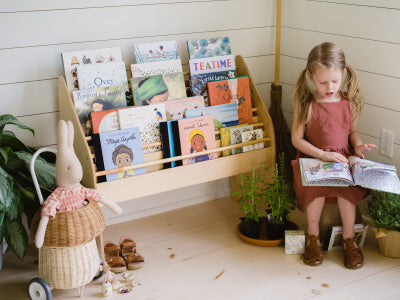

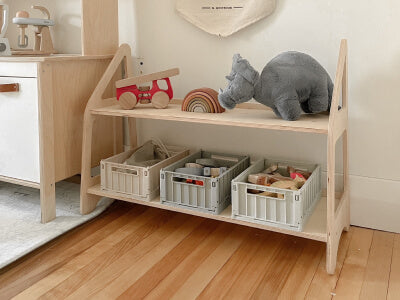
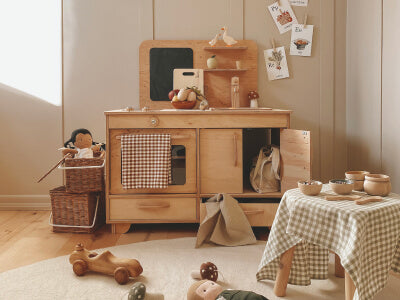
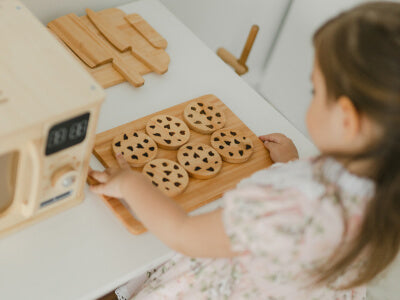
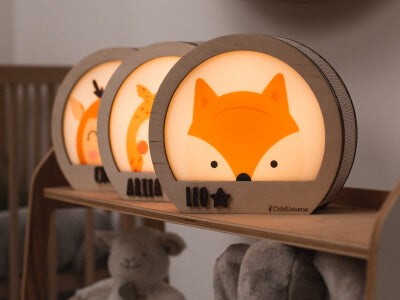



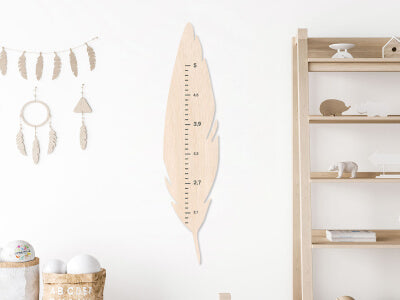

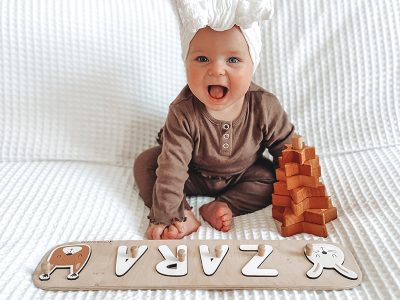


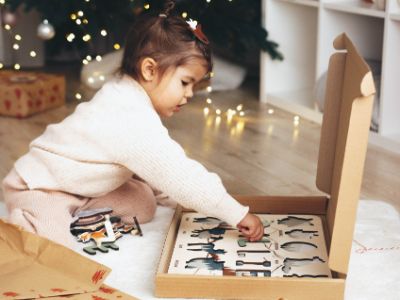
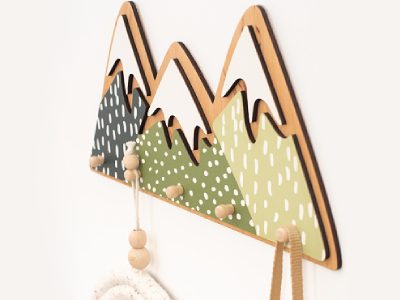

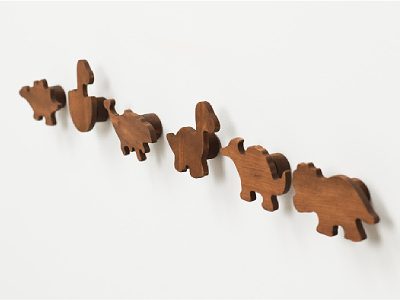


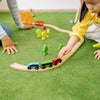


Igniting a love for reading is every parent’s dream, and this article helps me a lot! It’s not just about reading; it’s about fostering a lifelong love affair with books 📚
Reading is not a task but a shared joy between us. A must-read for parents looking to make reading an integral part of their child’s life. 🧡